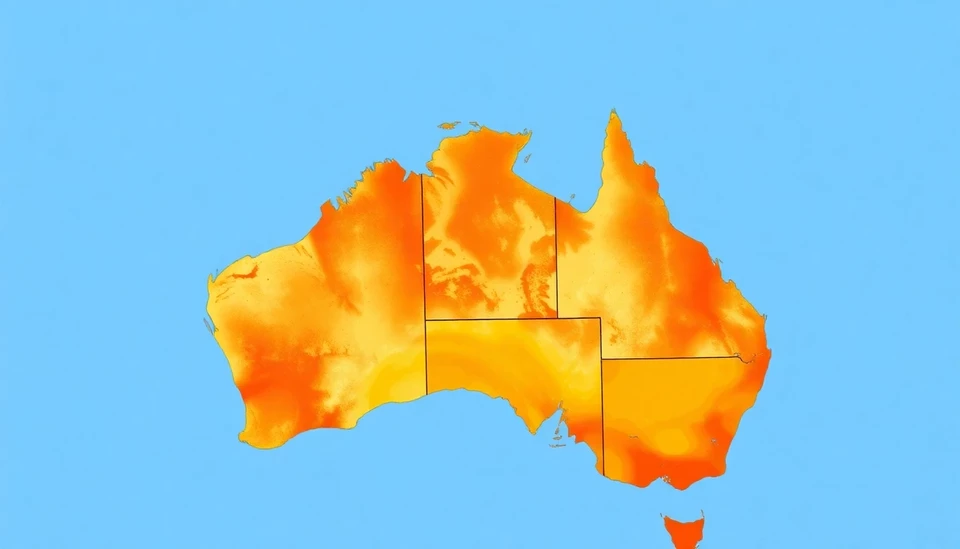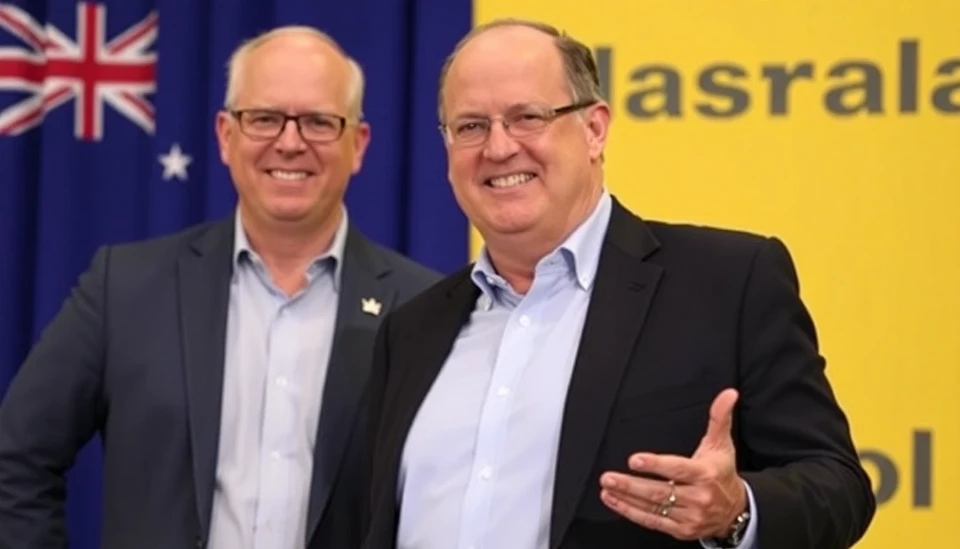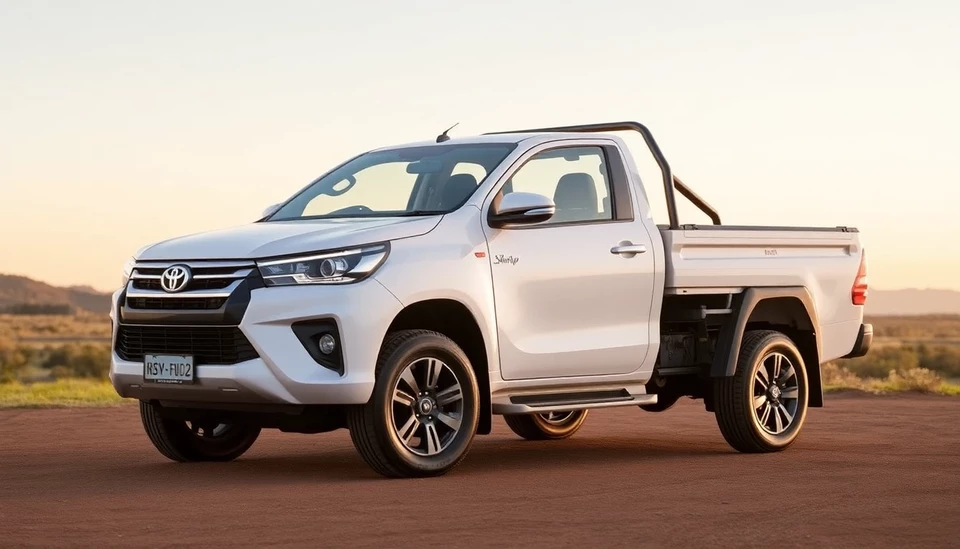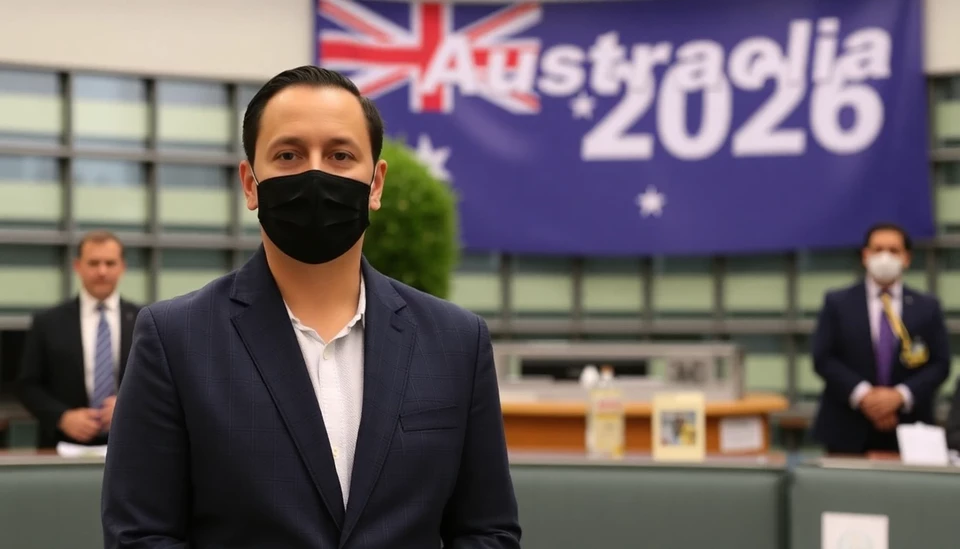
In a notable shift in environmental policy direction, Australia has announced a delay in the implementation of new climate targets. This decision arises in the wake of Donald Trump's return to a prominent political role in the United States, which many believe could reshape global climate agreements and dynamics.
The Australian government had been under pressure to intensify its climate action efforts, especially following international calls for enhanced commitments to mitigate the effects of climate change. However, the reappearance of Trump as a significant figure has triggered concerns in Canberra about the stability of international climate accords, particularly those influenced by the U.S. policy.
Australian Prime Minister Anthony Albanese, recognizing the potential repercussions of a shifting U.S. climate stance, stated that waiting for further clarity from the United States is essential. “It is vital for us to understand the implications of recent U.S. political changes before we define our path forward on climate initiatives,” Albanese emphasized during a recent press conference. His comments echo a broader sentiment among top Australian officials who fear that engaging too aggressively on climate could isolate Australia diplomatically should the U.S. retract its commitments once again.
This delay poses a significant setback for Australia, which has been pursuing a more ambitious environmental agenda. As one of the world's largest exporters of coal and natural gas, the country has faced international scrutiny over its carbon emissions levels and reliance on fossil fuels. Climate activists had anticipated a strengthening of Australia’s climate targets in alignment with global standards such as the Paris Agreement, especially after a national election gave climate-focused parties greater influence.
Environmental organizations have not remained silent in the wake of this announcement. Many have criticized the government’s decision as a missed opportunity to lead on climate action and to protect future generations from the devastating impacts of climate change. “Australia must not allow the whims of foreign political developments to dictate its climate future. We owe it to ourselves and the world to act decisively, regardless of who holds power elsewhere,” stated a representative from one leading advocacy group.
Economically, the delay could affect Australia's long-term growth, particularly as global markets increasingly favor sustainable energy sources. Countries around the world are pivoting toward renewable energy and climate-resilient infrastructures, which Australia risks falling behind on if it fails to enhance its climate policy promptly.
In summary, Australia’s decision to postpone new climate targets reflects a complex geopolitical landscape influenced by the return of Donald Trump. As countries navigate this shifting terrain, the implications for climate action and international cooperation remain uncertain. The world will be closely watching Australia to see how it balances internal pressures for climate reform against the potential volatility of its international relationships.
As 2024 unfolds, climate advocates will be eager to see whether Australia reaffirms its commitment to combating climate change or continues to defer action in light of global political shifts.
#Australia #ClimateChange #Trump #ClimatePolicy #SustainableFuture #EnvironmentalActivism
Author: Sophie Bennett




